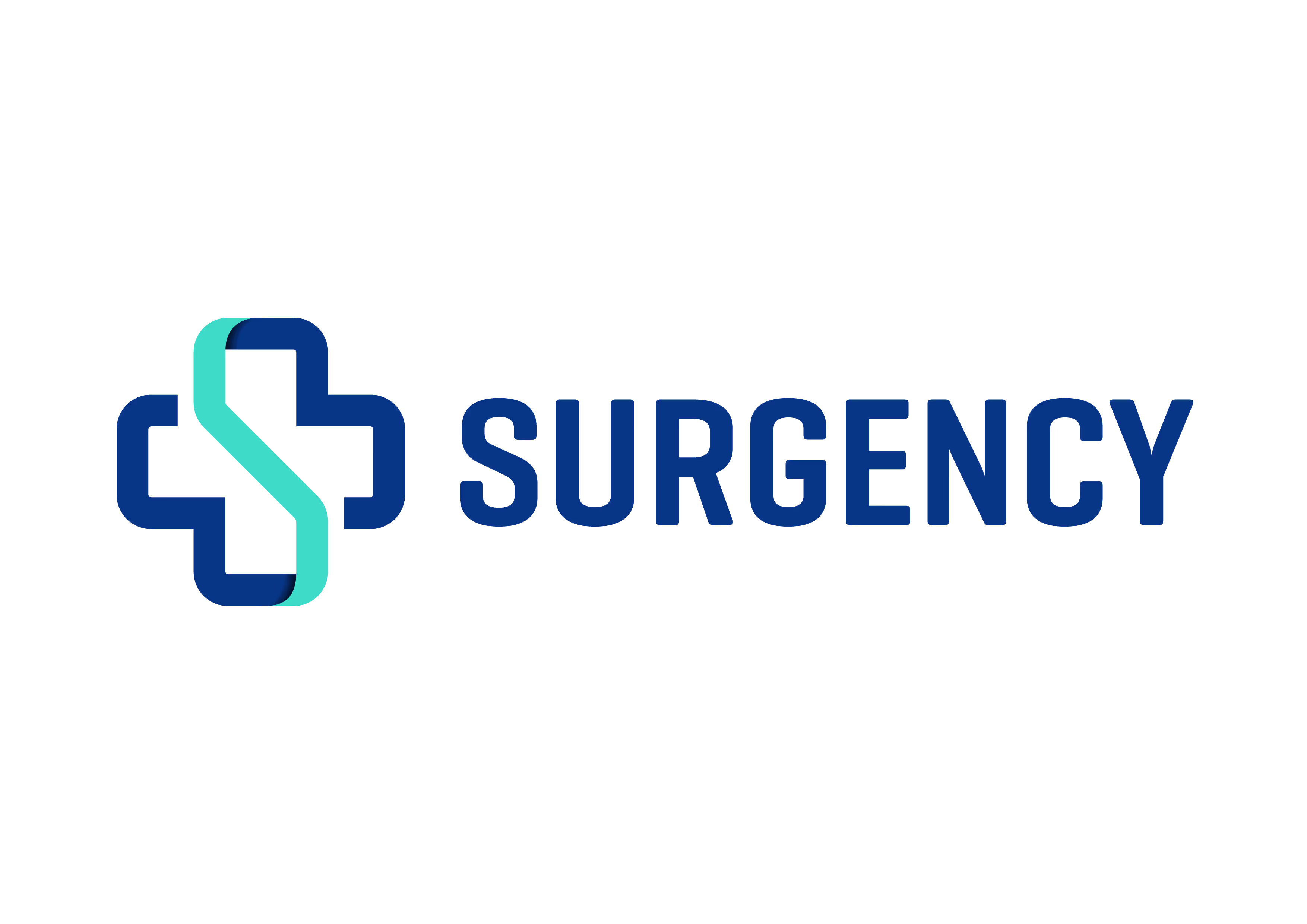Why Patients Choose Private Surgery
Although still underused, private surgery provides a faster alternative to Canada’s public healthcare system. Many Canadians endure long wait times for elective procedures—especially for high-demand orthopedic surgeries like joint replacements and ligament repairs. Private care offers a more timely pathway to treatment.
Choosing faster surgery isn’t about impatience or jumping the queue. It’s about avoiding the harm that can happen while waiting. Delays in treatment can lead to serious physical consequences—such as reduced mobility or worsening joint function—as well as mental health challenges like anxiety and depression.
Want to learn more about what is and isn’t true about private surgery in Canada? Debunk the common myths associated with private surgery and learn how it can help save Canada’s public system.
How Long are Wait Times for Elective Surgery?
Public wait times vary by procedure and province, but Canadians can often expect to wait several months—or even years—for elective surgeries.
In 2024, the median wait time to see an orthopedic surgeon in Canada was nearly 60 weeks. In my own family practice, most patients wait 8–12 months just to consult with a surgeon—then another 8–12 months for their operating room date. Learn more about the potential physical and mental health consequences of waiting this long for surgery.
No one wants to watch their health decline when timely treatment is possible. Fortunately, Canadians have several private surgery options—each with its own risks, benefits, and considerations.
Medical Tourism: Traveling Abroad for Private Elective Surgery
Canadians are legally allowed to travel abroad for medical procedures—a practice often referred to as medical tourism. The Government of Canada recognizes this and offers guidance on the risks and considerations involved in receiving care outside the country.
However, provincial health insurance plans generally do not cover the cost of elective procedures performed abroad. You are responsible for all expenses related to medical travel, including surgery, transportation, and accommodation.
Looking for options closer to home? Read more about how to access faster private surgery in Canada.
Local and Legal: Private Surgery Within Canada
Private surgical clinics operate legally across Canada, offering timely procedures that may not be readily available through the public system. Due to differences in provincial regulations, you often need to travel to another province to access certain private surgical services.
As mentioned earlier, there are several important rules and regulations to consider when pursuing private surgery in Canada. Let’s walk through them using hypothetical patient stories to highlight both the pitfalls to avoid and the strategies that work.
Want to dive deeper into the finances of private surgery? Learn more about how the costs of private surgery in Canada compare to options abroad. We also provide a complete guide on how Canadians can finance private-pay medical expenses.

Rule #1: No Private Pay for Covered Procedures in Your Home Province
Imagine you live in Ontario and have been told it’ll take eight months just to see a spine surgeon—never mind how long it’ll take to actually get surgery. Understandably, you don’t want to wait while your pain worsens and mobility declines, so you ask your family doctor if any local spine specialists will accept private payment for faster care.
This is not allowed.
If a procedure is publicly covered in your home province, surgeons are not legally allowed to accept private payment for it. However, someone from another province may be able to pay privately for that same surgery, because they aren’t considered “covered” under your province’s health plan.
With One Exception: “Opting Out”
There is one exception to the above rule. If you live in a province that allows physicians to opt out of the public healthcare system, then an unenrolled physician could perform “covered” surgeries for private pay. The exact terminology varies between provinces (i.e. unenrollment vs opt-out, etc.), but if you find a surgeon who has opted out of the public system, you won’t have to leave your home province.
At the time of writing, Ontario remains the only province that does not allow physicians to opt out of Medicare (i.e. OHIP). However, despite unenrollment being an option in most of Canada, about 98% of Canadian physicians remain enrolled in the public system.
So if you happen to live in a province that allows unenrollment, you’re free to pay privately for a publicly funded surgery without crossing provincial borders. Just know that these “unenrolled” surgeons are a small minority and thus can be hard to find.
Rule #2: You Can Pay Privately for Uninsured Procedures
This one’s more straightforward: if your province doesn’t cover the cost of a procedure, you’re allowed to pay privately and receive that surgery in your home province.
The exact list of “uninsured services” varies by province, but generally includes elective cosmetic procedures such as:
Botox or filler injections
- Breast augmentation
- Tummy tucks
- Facelifts
- Liposuction (and more)
For these and other uninsured elective services, there’s no need to travel out of province to pay privately—unless you have a specific surgeon or surgical centre in mind.
Rule #3: Emergency Care is Covered Across Provinces
Imagine you're from Alberta, visiting family in Ontario. While you're away, you develop sudden, crushing chest pain and are rushed to the ER. Doctors diagnose a “massive heart attack”. An angiogram reveals that several major coronary arteries are nearly completely blocked, and the cardiologist recommends urgent bypass surgery. Flying home would be far too risky, so you undergo surgery in Ontario—and make a full recovery.
In situations like this, emergency medical surgery is covered by your home province’s health insurance plan. You might need to pay out of pocket before discharge, but provincial systems are in place to handle reimbursement after the fact.
This cross-provincial coverage is part of a principle known as portability. As outlined in the Canada Health Act (CHA) of 1984:
“If insured persons are temporarily absent in another province or territory, the portability criterion requires that insured services be paid at the host province’s rate. If insured persons are temporarily out of the country, insured services are to be paid at the home province’s rate.”
— Canada Health Act (1984)
In short, if you're in another province and it's a matter of life or limb, your home province has your back.
Rule #4: Elective Out-of-Province Surgery Must be Paid Privately
Let’s revisit the spine surgery example:
You’re four months into an eight-month wait for spine surgery in Ontario. Meanwhile, your cousin from B.C. needs the exact same procedure. He books a virtual consult with a private surgeon in Ontario, is seen within days, and has surgery within weeks. He asks to recover at your place—saving thousands on travel and accommodation—and you begrudgingly agree. He heads home feeling great and thrilled with his decision to go private. You, on the other hand, are still stuck waiting in the public system.
So, what’s the workaround? Travel to another province and pay privately. This strategy can save you months—or even years—of waiting, help prevent your symptoms from progressing, and most importantly, it’s completely legal.
A few months later, your cousin is still “doing great”, and you’ve had enough of waiting. You book a consultation with a spine specialist in B.C., have surgery within the month, and call in a favour to stay at your cousin’s place during recovery (after all, he owes you). You return home to Ontario feeling great and relieved you didn’t wait any longer.
See how easy that was? All kidding aside, it really is as simple as crossing provincial borders to get the surgery you need faster. Of course, costs are much lower if you have family or friends who can host you during recovery. But if you need to arrange your own accommodations, many private surgical centres partner with hotels to offer discounted post-op stays.
Take the Next Step Toward Private Surgery
Private surgery in Canada is not only legal, it’s accessible—if you understand the system. Whether you're considering paying privately, seeking faster access to surgical care, or exploring out-of-province options, knowing the rules helps you take control of your healthcare journey.
We built Surgency to make private healthcare in Canada transparent, searchable, and easier to navigate. Our platform helps you understand what’s allowed, what’s not, and where you're legally allowed to pay privately—without wasting time or risking costly missteps.




